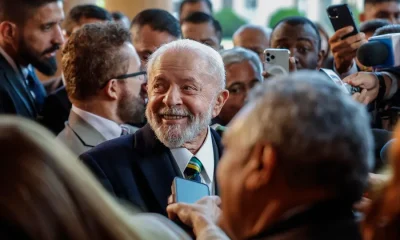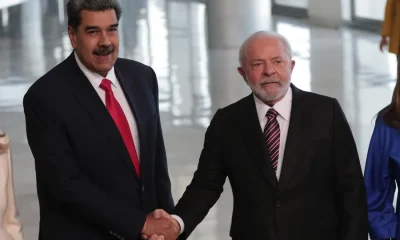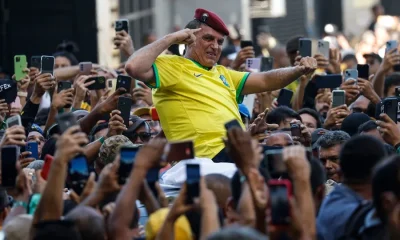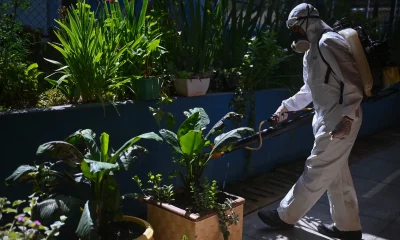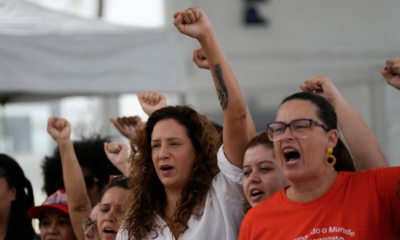International
‘Brazil is back,’ Lula hails at Latin America leaders summit
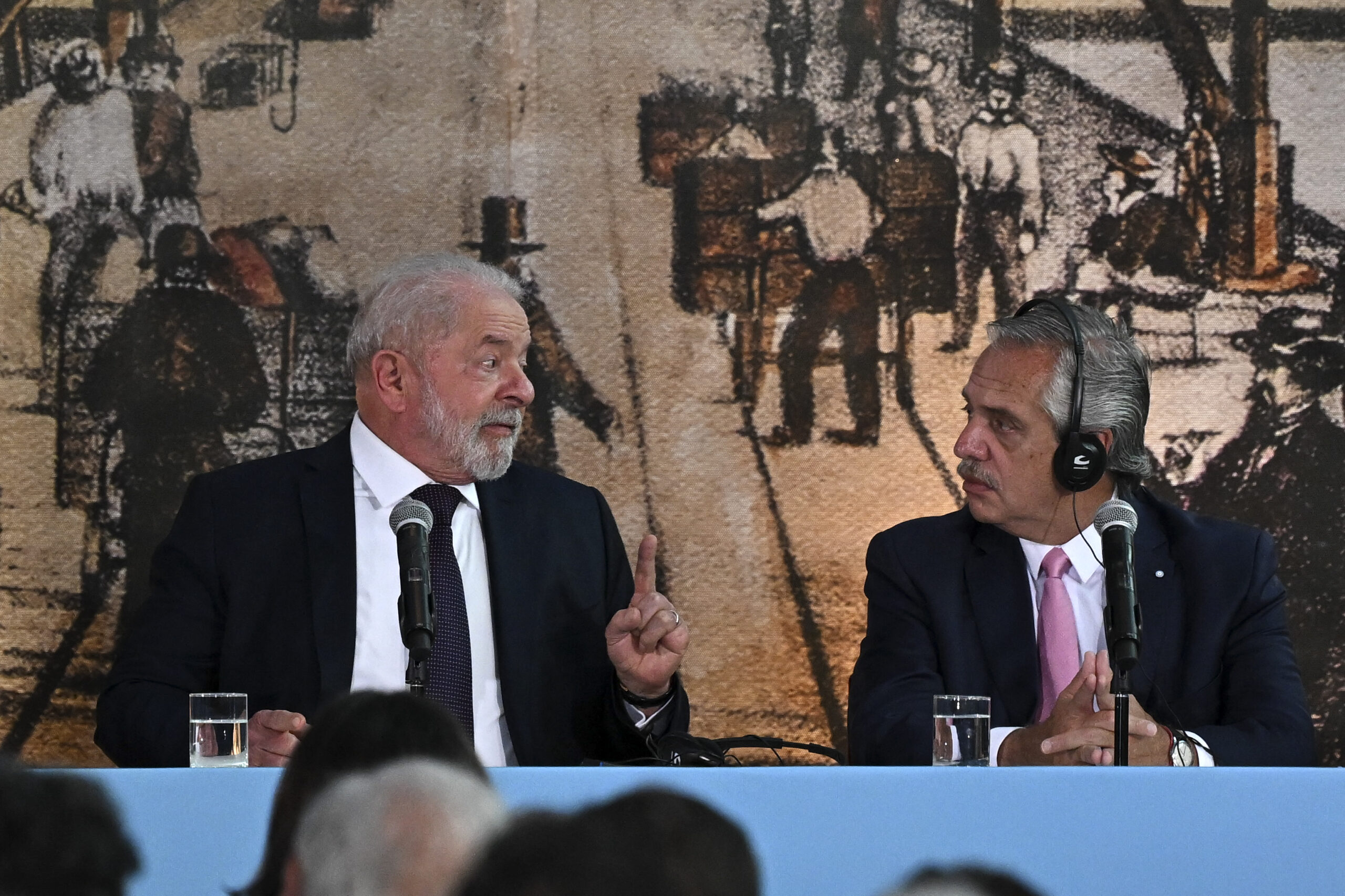
January 25 | By AFP | Philippe Bernes-Lasserre / Mauricio Rabuffetti |
Brazilian President Luiz Inacio Lula da Silva declared Tuesday that his country is “back in the region” after joining more than a dozen other Latin American leaders at a summit in Buenos Aires.
Less than a month after his inauguration, Lula arrived in the Argentine capital looking to rebuild bridges after his far-right predecessor Jair Bolsonaro had pulled out of the grouping.
“Brazil is back in the region and ready to work side-by-side with you with a very strong feeling of solidarity and closeness,” said the 77-year-old leader during the seventh Community of Latin American and Caribbean States (CELAC) summit, which brings together 33 nations.
Lula, who previously served as Brazil’s president from 2003-10, was one of the founders of CELAC during the first “pink wave” of leftward political shifts on the continent over a decade ago.
But Bolsonaro pulled Brazil out of the group over what he perceived as its support for undemocratic governments in Nicaragua, Venezuela and Cuba.
Lula spoke Tuesday about the “multiple crises” affecting the world — from the pandemic to climate change, geopolitical tensions, food insecurities and threats to democracy.
“All this happens in the midst of an unacceptable rise in inequality, poverty and hunger,” said Lula, the only leader to publicize his speech at the summit.
Democracy and its threats — especially from the far right — were a central theme of the summit.
“We cannot allow the recalcitrant and fascist far right to put our institutions and our people in peril,” said the host of the forum, Argentina’s center-left President Alberto Fernandez, in opening remarks.
He pointed to the riots by Bolsonaro supporters at the seats of power in Brasilia earlier this month and the alleged attempt to assassinate his vice president, Cristina Kirchner, in September.
But Fernandez made no mention of communist Cuba or the accusations of political oppression made against radical leftist regimes in Venezuela, Nicaragua and Bolivia.
In fact, with Cuban President Miguel Diaz-Canel in attendance, Fernandez called for an end to the US-led blockade of Cuba and Venezuela.
They are “a perverse method of punishment, not of the governments but of the people,” Fernandez said.
‘Latin America is bankrupt’
Host Argentina this week hailed a “new climate in Latin America,” with the region ushering in a fresh wave of left or center-left governments since 2018 — including Mexico, Argentina, Honduras, Chile, Colombia and Brazil.
A forum for consultation and cooperation, CELAC has no power to enforce any agreements between its members.
And while Fernandez stressed the need to “strengthen the institutions in our region,” CELAC is struggling to unite members over successive regional crises, such as in Peru.
“Latin America is bankrupt from the institutional point of view,” Ignacio Bartesaghi, an international relations expert at the Catholic University of Uruguay, told AFP.
“There is not even certain basic consensus in Latin America, as on the difference between a democracy and a dictatorship,” he stressed.
“There are (at CELAC) presidents who do not even recognize each other,” he noted, alluding to situations such as Paraguay’s Mario Abdo Benitez, whose country broke diplomatic relations with Nicolas Maduro’s Venezuela in 2019.
‘Absence of dialogue’
Maduro called off his own trip to the gathering at the last minute, citing “a risk of aggression” from “the neo-fascist right,” a possible reference to some Argentine opposition politicians calling for him to be arrested on arrival.
He was due on Monday to meet with Lula, who instead held talks with Diaz-Canel.
He sent a message to the forum blasting the “criminal sanctions” against his government, in particular against the state oil company PDVSA.
Other significant absentees in Buenos Aires include Mexico’s left-wing President Andres Manuel Lopez Obrador, leader of the second largest economy in Latin America and host in 2021 of the last CELAC summit.
CELAC however remains the partner of choice for China and the European Union to negotiate when cooperating with the region.
But the last joint-EU summit was in 2015, highlighting the lack of regional consensus, says Bernabe Malacalza, researcher at the CONICET Argentine national research center.
In this sense, the return of Lula could give a boost to certain sub-regional issues, such as the free-trade agreement between the EU and the Mercosur group which comprises Brazil, Argentina, Uruguay and Paraguay.
The deal was finalized in 2019 but never ratified, due in particular to concerns about Bolsonaro’s environmental policy.
Lula has indicated a willingness to resume contacts.
Meanwhile, Uruguayan president Luis Lacalle Pou proposed a free-trade zone extending from “Mexico to the south of South America.”
International
Lacalle Pou shows her admiration for the commitment of María Corina Machado
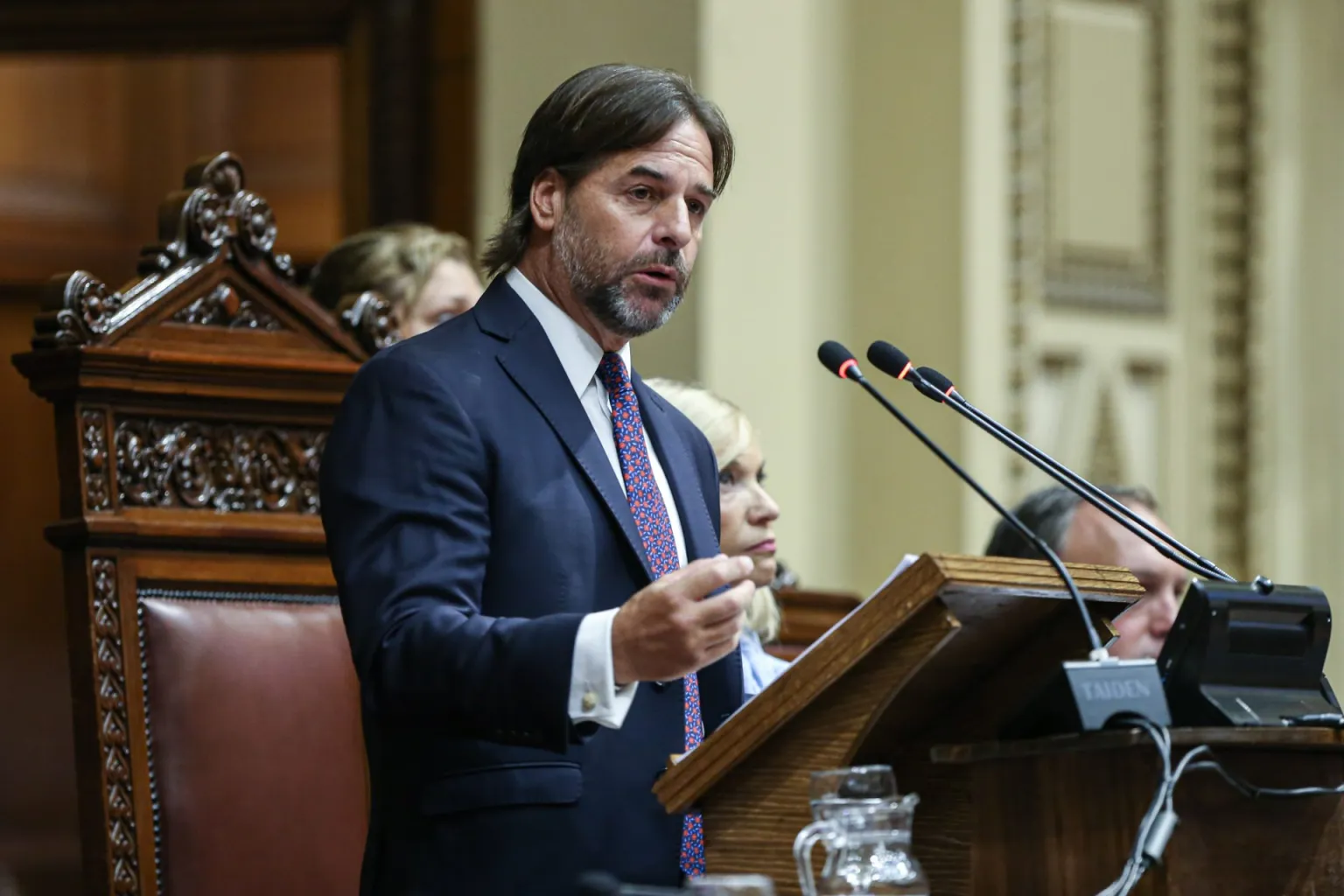
The president of Uruguay, Luis Lacalle Pou, highlighted this Friday his admiration for the commitment of the Venezuelan María Corina Machado, who is disqualified to compete for the Presidency of her country.
“We have said it over and over again: free elections, respect for human rights and full democracy. Your commitment and effort for the Venezuelan cause is admirable,” were the words that the president used to respond on the social network X a publication in which Machado said that they had had a dialogue.
“I have just spoken with the President of Uruguay, Luis Lacalle Pou, whom I thanked for his permanent support and solidarity with our struggle for democracy and freedom. At the hours of the 28th, he confirmed his commitment to the values that unite us and gave me his admiration for the great example of civic courage that Venezuelans give to the world. Thank you very much, dear President!” Machado said there.
A day earlier, the candidate for the Presidency of Uruguay for the ruling National Party, Álvaro Delgado, shared a statement that he signed together with the candidates of three other political forces that make up the current government coalition, in which they asked for transparency in the Venezuelan elections.
“The conditions of next Sunday’s elections, where there are exiles, political prisoners, harassment of the opposition and the disqualification of the main opposition candidate, Maria Corina Machado, do not guarantee a democratic process,” they said.
This statement was also signed by Andrés Ojeda (Colorado Party), Guido Manini Ríos (Open Cabildo) and Pablo Mieres (Independent Party).
On February 1, Lacalle Pou had already spoken about the Venezuelan elections and stressed that they would not be “free and democratic” after Machado’s disqualification.
“We do not try to have a point of view as we like a government more or less,” the president said that day, who added that Machado’s disqualification was a sign that there was “no will” for the elections to be transparent.
International
Guterres: Israel’s military operations in Gaza have created “a situation of terror”
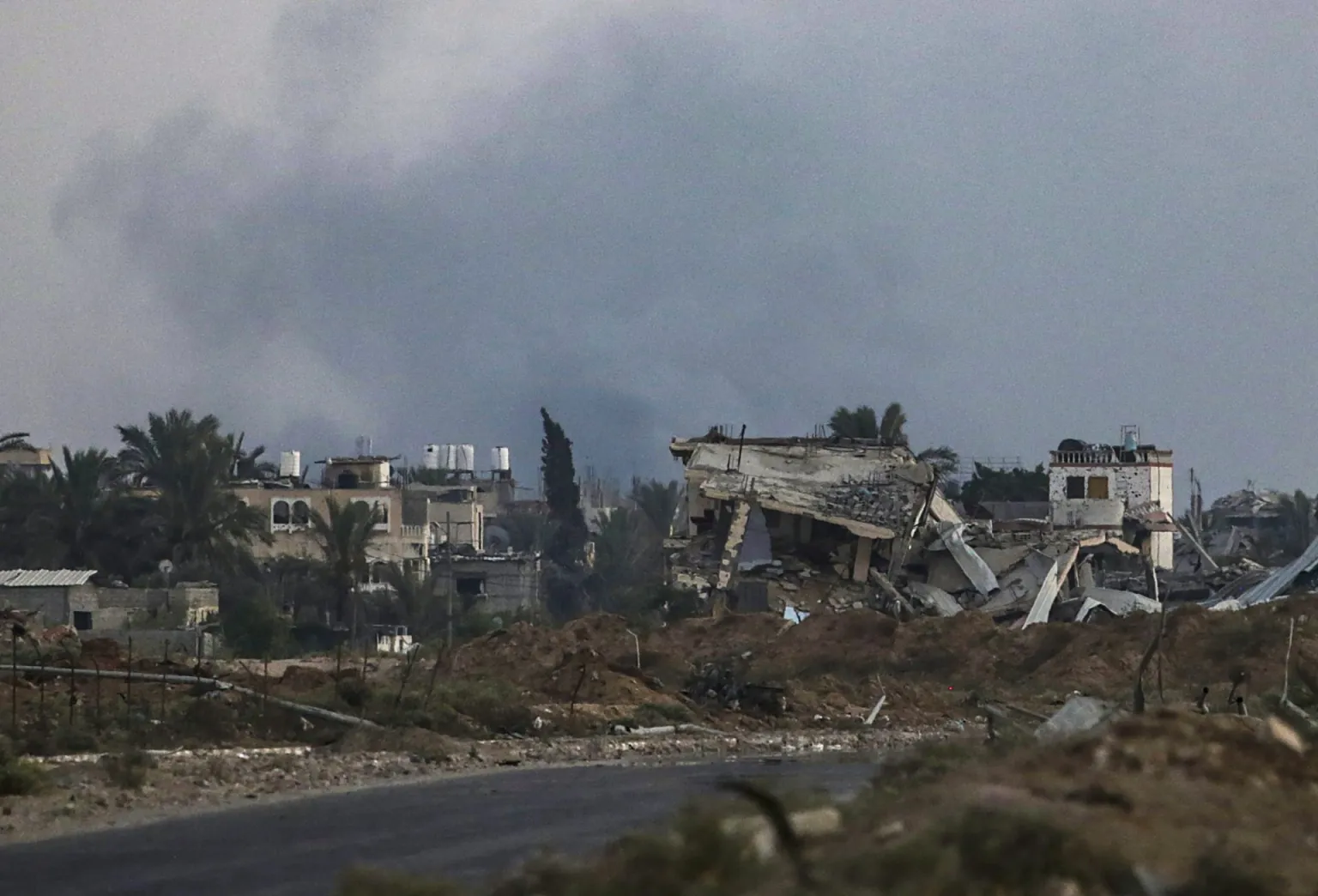
The way Israel makes war in Gaza, together with the difficulties it puts on humanitarian aid, have created “a truly dramatic situation of terror,” lamented the UN Secretary-General, António Guterres.
On the one hand, the military campaign is causing “the greatest impact of deaths and destruction that I remember,” said Guterres, who also denounced “the chaotic nature” of this campaign that has been reflected in the orders that the Palestinians have received from the Israeli Army to evacuate their homes and move from the north to the center of the Gaza Strip, later from the center to the south, and again from the south to the north.
“At any time they tell people to move to another place, and people move in search of a security that no longer exists anywhere,” he lamented, referring to the 1.9 million Palestinians torn from their homes and displaced in many cases on several occasions.
To this are added the obstacles to humanitarian aid imposed by Israel, which creates “permanent obstacles to negotiation and puts one difficulty after another” to its entry and distribution, citing security reasons or the alleged deviated use of such aid.
In addition, he accused the Israeli Army of shooting on three different occasions only in the last five days at the vehicles that carry that humanitarian aid.
All this has created a situation of “total insecurity and total anarchy,” aggravated by the fact that the international community has partially responded to the humanitarian call for Gaza and has only provided 36% of the required funding, he highlighted.
In summary,” he concluded, “the way in which (Israel) conducts its military operations and the dramatic circumstances of the distribution of humanitarian aid have created a situation of human terror.”
Due to his open criticism of Israel, Guterres has been boycotted by Benjamin Netanyahu’s government almost since the war began, and the Israeli Prime Minister has not responded to any of his calls or contacted him during his current visit to the United States, according to the UN Secretary-General.
Asked about Netanyahu’s words in Congress about the future of Gaza – which would be demilitarized, deradicalized and with Israeli control over its security – Guterres disqualified them in his own way. “Nothing that was said deserves my comment,” he said, and again advocated the two-state solution as the only possible one.
International
The head of the Directorate of Intelligence of Colombia resissts linked to a corruption case
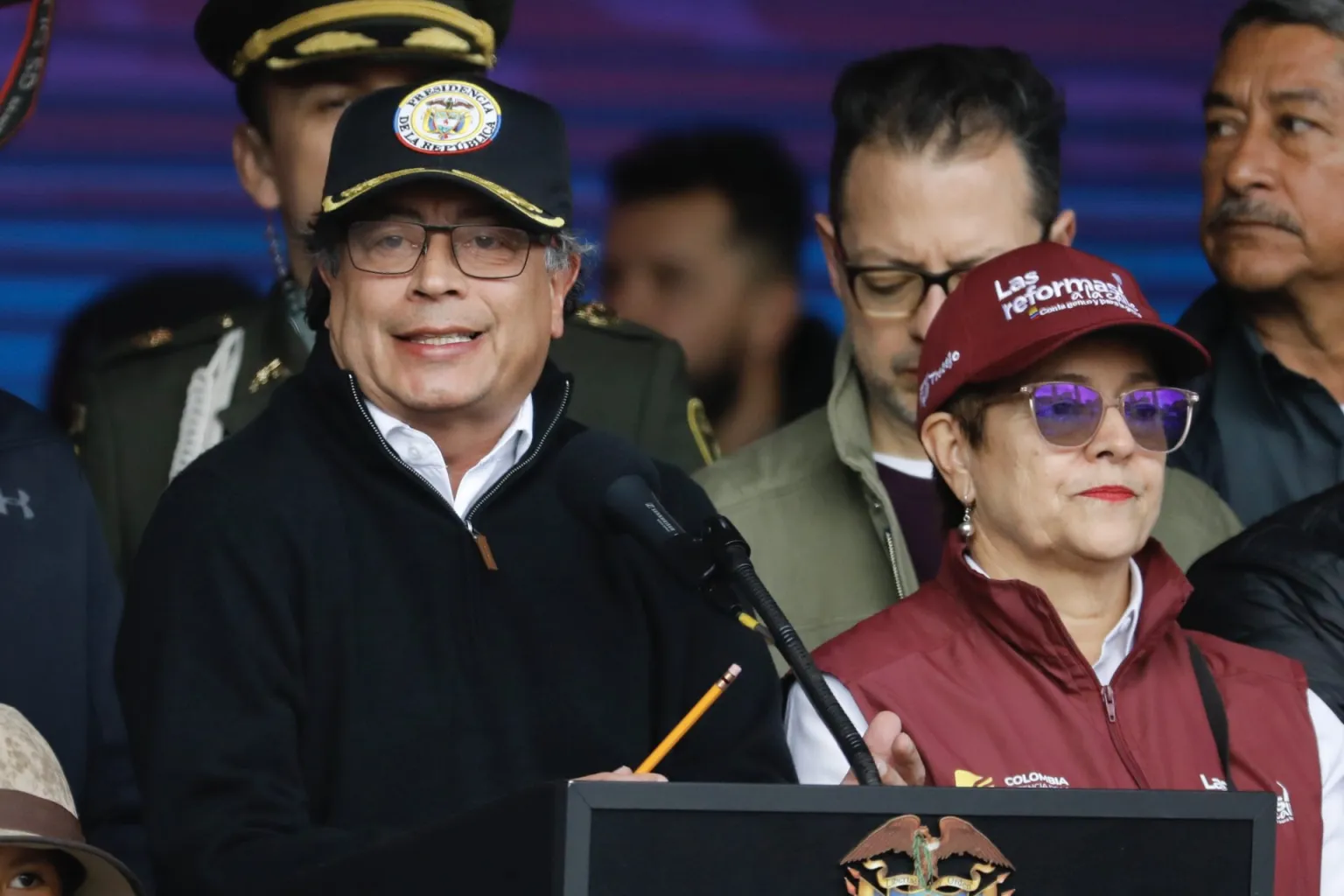
The head of the National Intelligence Directorate (DNI) of Colombia, Carlos Ramón González, resigned this Friday from his position, after he was linked to the corruption scandal in the state National Unit for Disaster Risk Management (UNGRD), which splashes several members of the Government and Congress.
The resignation of González, one of the people closest to the Colombian president, Gustavo Petro, with whom he played in the M-19 guerrilla in his youth, was confirmed by the same president in a message on his X account from Paris, where he attends the inauguration of the Olympic Games today.
“I accept the resignation of Carlos Ramón, director of the Directorate of National Intelligence. His position as head of civil intelligence is incompatible with any judicial investigation and with the same justice apparatus in the country,” Petro said.
González, who was also Petro’s right-hand man as director of the Administrative Department of the Presidency of the Republic (Dapre), was pointed out on Thursday by the Prosecutor’s Office as the person who last year ordered the payment of bribes to two important congressmen in exchange for legislative support to the Government.
As revealed on May 3 by the former deputy director for Disaster Management of the UNGRD, Sneyder Pinilla, money from that entity was used in 2023 to pay millionaires of bribies to the then president of the Senate, Iván Name, and that of the House of Representatives, Andrés Calle.
That money was allegedly diverted from the one allocated for the purchase of 40 tanker trucks to supply water to the Caribbean department of La Guajira, a project in which resources were misappropriated because the vehicles acquired did not meet the technical conditions, among other failures.
The name of González, a very influential figure within the Government who had already been mentioned in the complaints, was officially cited yesterday by the Prosecutor’s Office at the accusation hearing against Pinilla and against the former director of the UNGRD Olmedo López, although the accusing entity has not yet filed charges.
At that hearing, the delegated prosecutor before the Supreme Court of Justice, Andrea Muñoz, said that the former Presidential Counselor for the Regions Sandra Ortiz, also involved in the corruption plot, received orders from González, as her direct boss when she was the director of Dapre, to allegedly deliver the co-ras to Congressmen Name and Calle.
“For the tranquility of prosecutors and judges, for their independence and good judgment and for the same defense work of Carlos Ramón’s lawyers, the best thing is the separation from his position,” Petro added in his message in X.
The corruption scandal in the UNGRD, the body that is responsible for attending to and preventing emergencies caused by natural disasters in the country, was uncovered by the press last February and since then has been growing to reach senior government officials.
Another of those indicated in this process is the Minister of Finance, Ricardo Bonilla, who according to the Prosecutor’s Office was decisive, in coordination with Olmedo López, for the award of three contracts for 92 billion pesos (about 23 million dollars) to benefit six congressmen in exchange for supporting the extension of the Government’s debt quota.
In this case, Petro gave Bonilla a vote of confidence this Friday, pointing out that his actions have not been different from those of other finance ministers.
“I believe in the innocence of the Minister of Finance, because I know what has happened to all the ministers of Finance to maintain the macroeconomic stability of the country,” the president said.
-
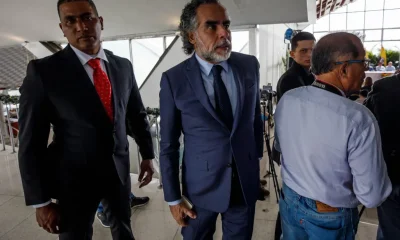
 International2 days ago
International2 days agoColombian Foreign Ministry calls ambassador to FAO Armando Benedetti for prosecution for sexist aggression
-

 International2 days ago
International2 days agoUkraine is committed to cogeneration and private production to face the winter
-
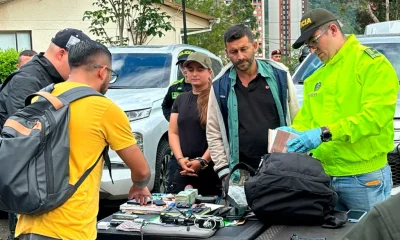
 International2 days ago
International2 days agoSeven FARC dissidents who were traveling in official vehicles were captured in Colombia
-
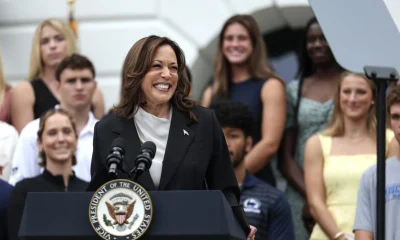
 International4 days ago
International4 days agoKamala Harris debuts as a presidential candidate and highlights the work of Joe Biden
-
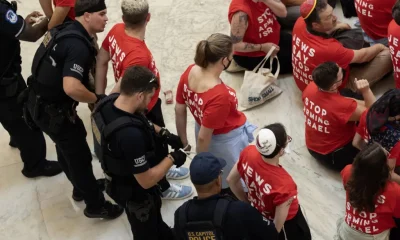
 International2 days ago
International2 days agoPolice arrest 200 people for protesting in Congress against Netanyahu’s visit to the United States
-
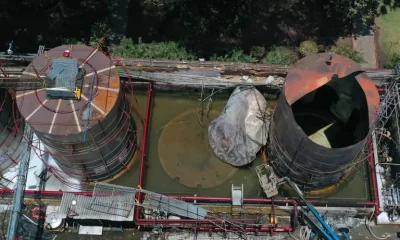
 International2 days ago
International2 days agoA sixth man is found dead after the explosion in a tequila factory in Mexico
-
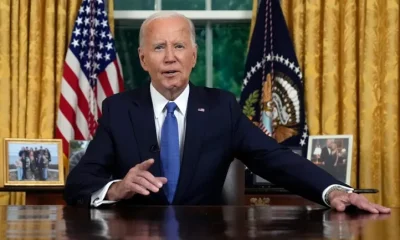
 International2 days ago
International2 days agoBiden says goodbye to the Americans: it’s time to “pass the baton” to save the country
-
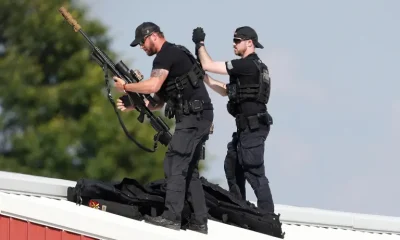
 International2 days ago
International2 days agoThe man who tried to kill Trump sought information about Kennedy’s murder
-
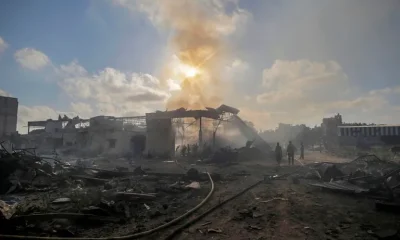
 International2 days ago
International2 days agoNegotiations for a ceasefire in Gaza are in their “final phase,” according to the United States
-
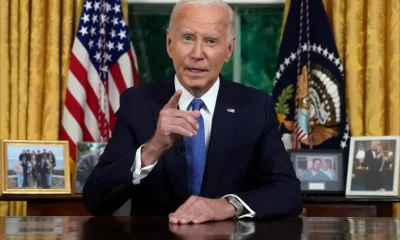
 International2 days ago
International2 days agoBiden promises to work to end the war in Gaza in his remaining mandate
-
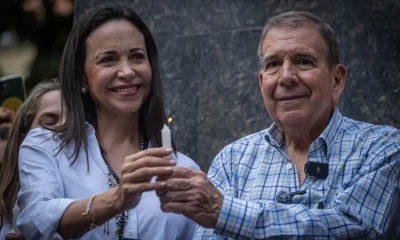
 International2 days ago
International2 days agoGonzález Urrutia offers María Corina Machado the position “that she wants” in the eventual government
-
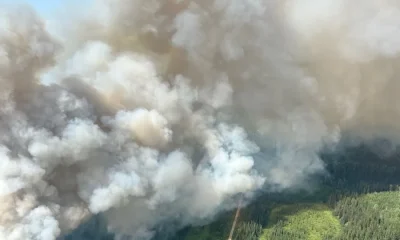
 International18 hours ago
International18 hours agoA forest fire destroys the town of Jasper in the Rocky Mountains of Canada
-
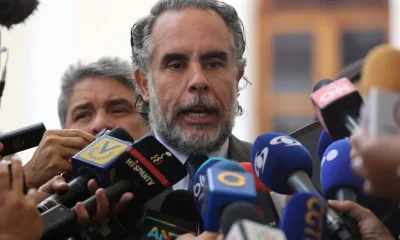
 International2 days ago
International2 days agoThe Colombian Foreign Ministry calls the ambassador to the FAO for a process for sexist aggression
-
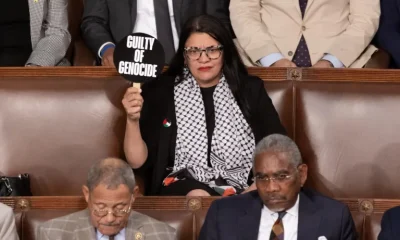
 International2 days ago
International2 days agoA Democratic congresswoman carries before Netanyahu a fan that says “war criminal”
-
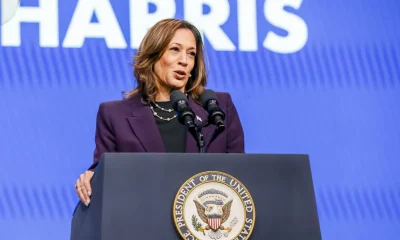
 International18 hours ago
International18 hours agoTrump and Harris are practically tied, according to a New York Times survey
-
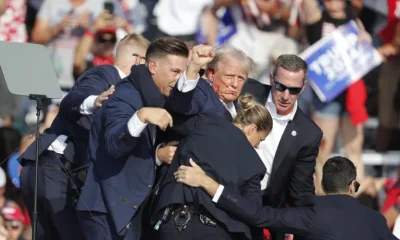
 International2 days ago
International2 days agoSenator publishes unpublished video of the moments after the attack on Donald Trump
-
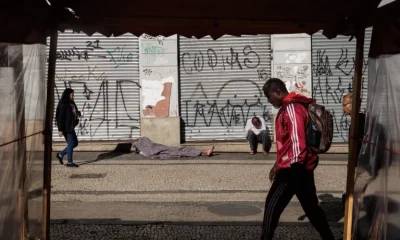
 International2 days ago
International2 days agoHunger in the world remains at high levels for the third consecutive year
-
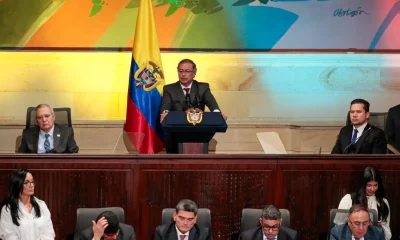
 International18 hours ago
International18 hours agoThe protagonists of the Colombian Government’s Risk Unit scandal
-
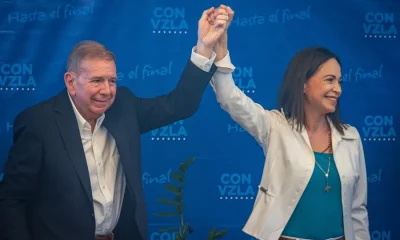
 International18 hours ago
International18 hours agoEdmundo González Urrutia, convinced of his “triumph” in the presidential elections of Venezuela
-
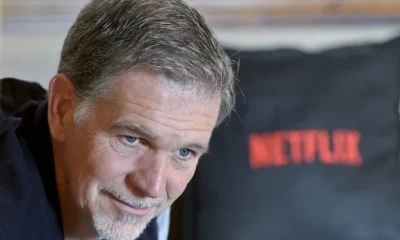
 International2 days ago
International2 days agoNetflix co-founder donates seven million dollars to Kamala Harris’ campaign
-
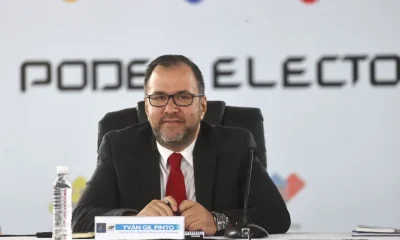
 International2 days ago
International2 days agoVenezuelan government says it will defeat US “neocolonial claims” in elections
-
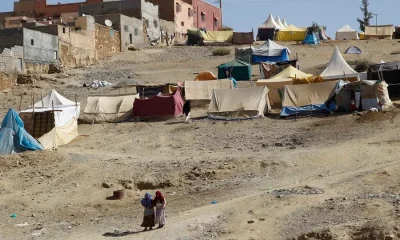
 International4 days ago
International4 days agoMohamed VI of Morocco celebrates 25 years on the throne: reforms and challenges
-
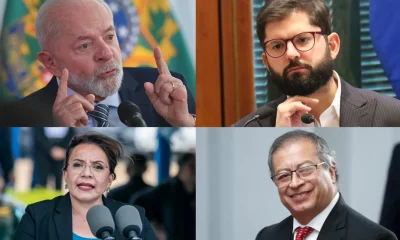
 International18 hours ago
International18 hours agoLeaders of the Latin American left warn Maduro on the eve of the elections
-
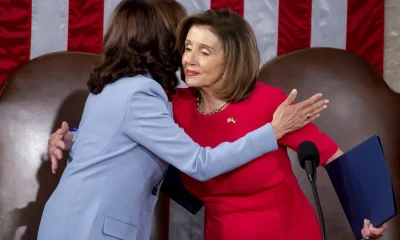
 International5 days ago
International5 days agoNancy Pelosi supports Kamala Harris as a candidate for the U.S. Presidency.
-
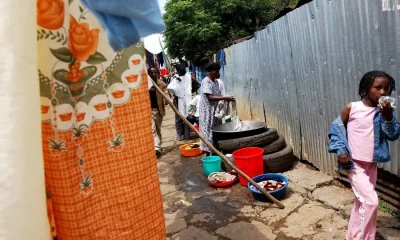
 International4 days ago
International4 days agoAt least 157 dead, including children, in landslides in southern Ethiopia
-
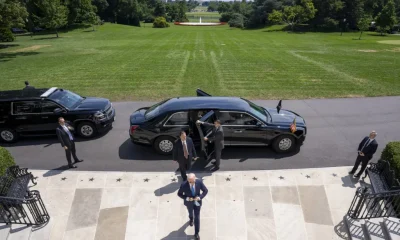
 International2 days ago
International2 days agoBiden says it’s “fantastic” to return to the White House after being isolated with covid
-
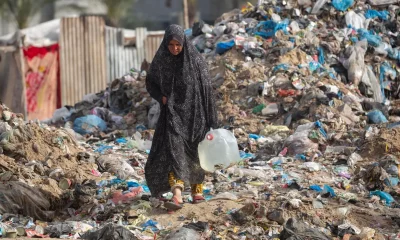
 International4 days ago
International4 days agoWHO, “extremely concerned” about the possible outbreak of a polio outbreak in Gaza
-
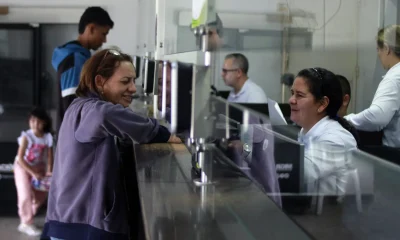
 International4 days ago
International4 days agoMillions of Venezuelans abroad will not be able to vote for government obstacles
-
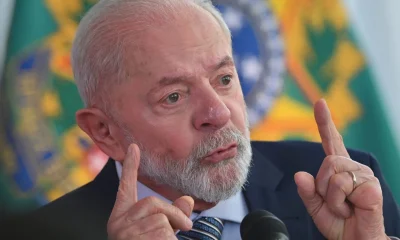
 International4 days ago
International4 days agoLula confesses that he was “frared” by Maduro’s threat about “a bloodbath” if he loses
-
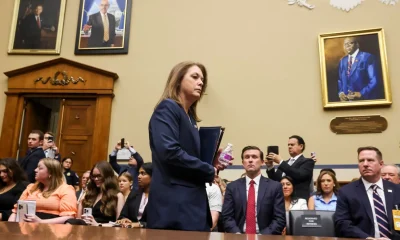
 International4 days ago
International4 days agoUS Secret Service: The attempted murder of Trump is the “biggest operational failure” in decades
-
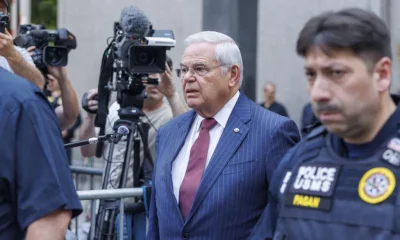
 International2 days ago
International2 days agoSenator Menéndez plans to resign in August after being found guilty of corruption in the United States
-
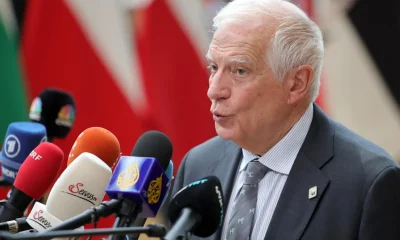
 International4 days ago
International4 days agoBorrell calls for a meeting of ministers in Brussels and not in Budapest in protest of Orbán’s tour
-
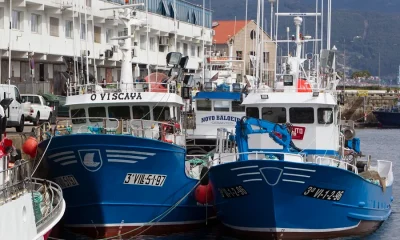
 International4 days ago
International4 days agoAt least three dead in the fishing vessel sunk in the Falkland Islands with Galician crew members
-
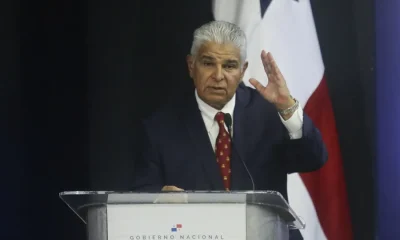
 International18 hours ago
International18 hours agoMulino: If the situation in Venezuela worsens, migration will grow “in a very short time”
-
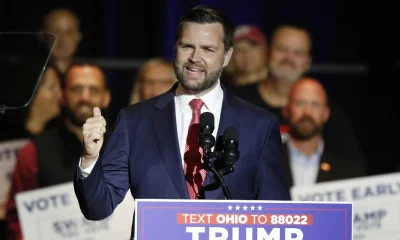
 International5 days ago
International5 days agoVance criticizes Harris at his first solo rally: He has no gratitude towards the United States
-
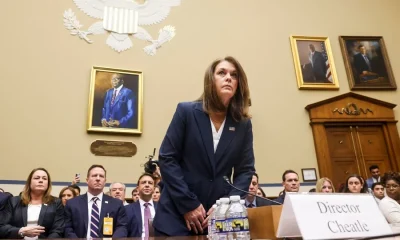
 International4 days ago
International4 days agoThe director of the United States Secret Service resigns after criticism of the attack on Trump
-
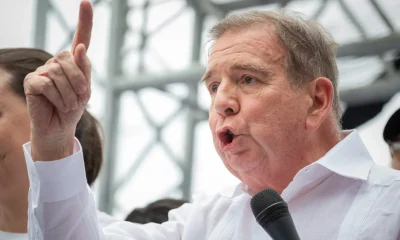
 International4 days ago
International4 days agoGonzález Urrutia predicts an “overwhelming” opposition victory in the Venezuelan elections
-
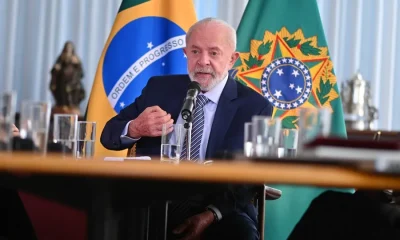
 International5 days ago
International5 days agoLula wants the best relationship with Argentina, but reiterates that he expects an apology from Milei
-
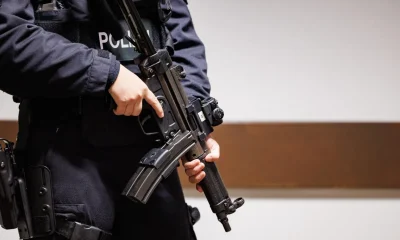
 International10 mins ago
International10 mins agoArrested the man who claimed to be armed with a hostage in a building in Hamburg
-
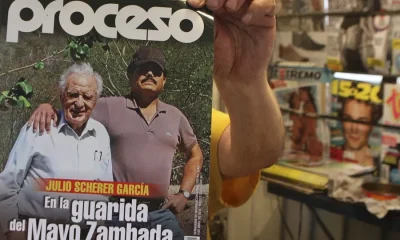
 International10 mins ago
International10 mins agoThe United States arrests Mayo Zambada, co-founder of the Sinaloa Cartel























